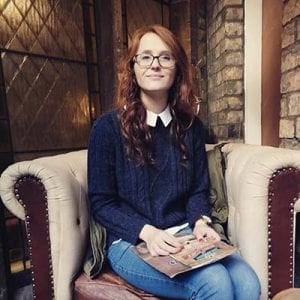 An Architecture student from the University of Lincoln, UK, has been awarded the prestigious Royal Institute of British Architects (RIBA) Norman Foster Travelling Scholarship to explore sustainable urban planning in some of the developing world’s fastest growing cities.
An Architecture student from the University of Lincoln, UK, has been awarded the prestigious Royal Institute of British Architects (RIBA) Norman Foster Travelling Scholarship to explore sustainable urban planning in some of the developing world’s fastest growing cities.
Chloe Loader, a second-year student from the University’s School of Architecture and Design, is the 2017 winner of the £7,000 scholarship, which enables the chosen recipient to travel and research the future survival of our cities and communities. She won the award for her proposal, ‘Emerging Cities: Sustainable Planning in the Global South’.
Exploring informal settlements in Brazil, India and Indonesia, Chloe’s research aims to establish the pressures that rapid urbanisation creates for cities in less developed countries, and explore the different methods of design approaches that could combat the issues they face.
Chloe’s travels will start in Curitiba, Brazil, where she will study how the city has developed as a successful urban model, despite large influxes of rural migrants. She will then travel to Mumbai, India, and Jakarta, Indonesia, using the cities as case studies to compare and contrast with Curitiba.
After establishing how the cities have dealt with the pressures of rapid urbanisation, Chloe will identify ways in which other cities of similar economics and demographics could evolve and investigate potential design methods for urban development that engage individuals and communities.
Understanding informal settlements is of particular interest to Professor Glen Mills, Head of the School of Architecture & Design at the University of Lincoln, who has published research on the topic.
He said: “The current estimated population of people living in informal settlements globally is around one billion, and that’s expected to rise to 1.5 billion by 2020. They are not going to go away so, as planners, architects and engineers, we need to understand them and that’s why Chloe’s project is so relevant.
“Informal settlements are a part of our global future and the environment our graduates will be working in in tomorrow’s world. They’ll require a different kind of architecture and a different way of thinking. The architects of tomorrow will move from master designer to master collaborator, engaging with these communities in the construction of their living environments.”
Chloe Loader, said: “When I found out that I had been selected I was very shocked. I’m now so excited and have begun organising my travel plans and refining the details of my project. It is a huge opportunity that I feel so privileged to have received.”
Describing the entries and judging process, Lord Foster, Founder and Executive Chairman, Foster + Partners, said: “Once again, the entries for the award demonstrated an exceptional range of scholarship and research. The jury thoroughly enjoyed deliberating over each one of them, and Chloe Loader’s proposal to study the development of Curitiba stood out for its simplicity and immediacy. I believe the lessons she will learn will have a direct relevance to other cities in the global south, addressing the pressing need for sustainable development worldwide. I look forward to seeing her project develop in the coming months.”
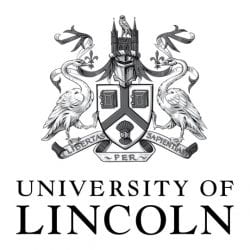

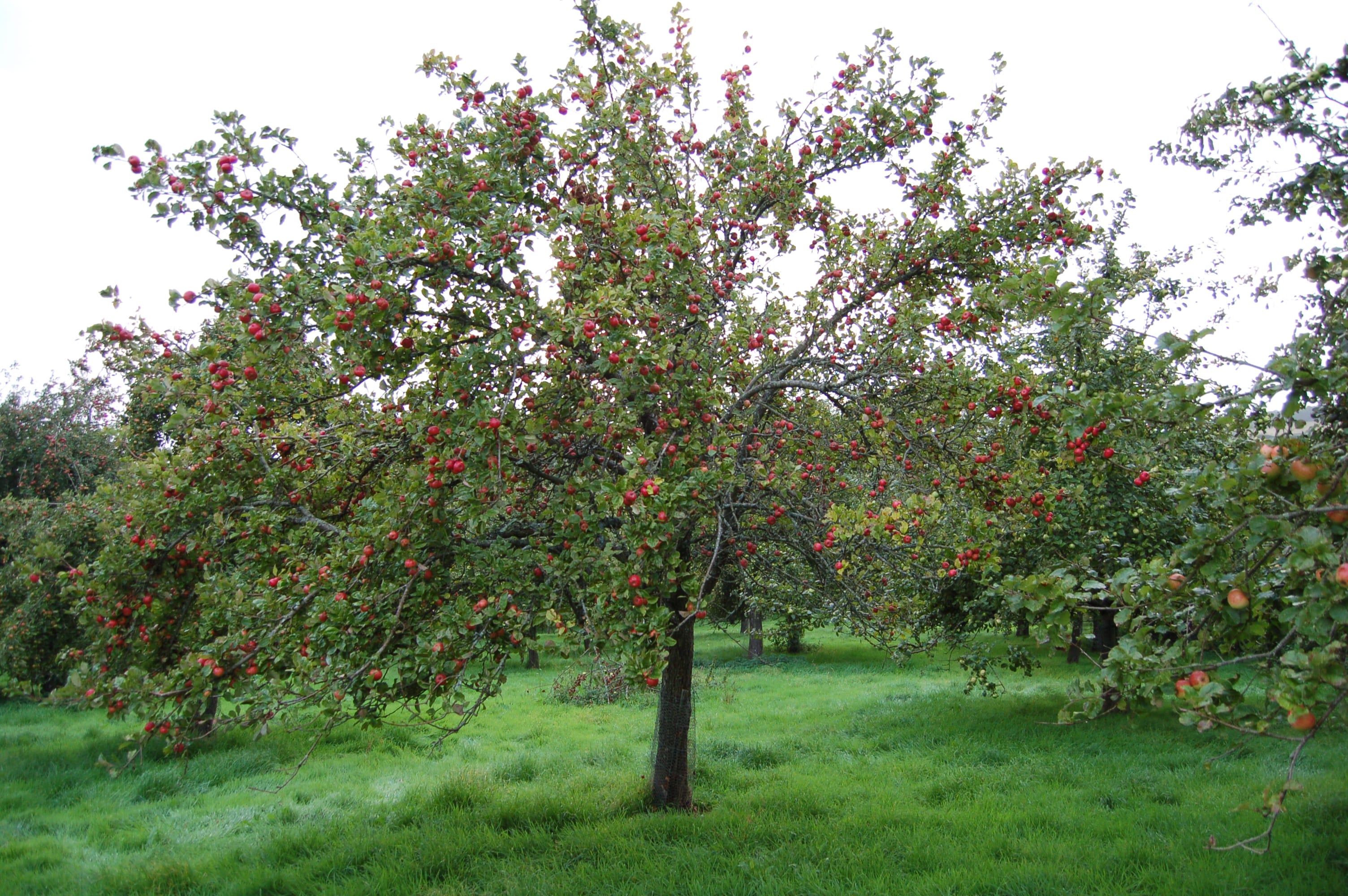


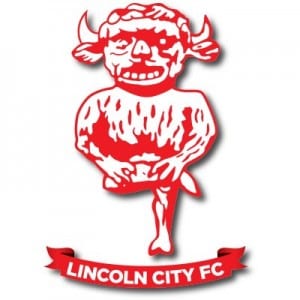




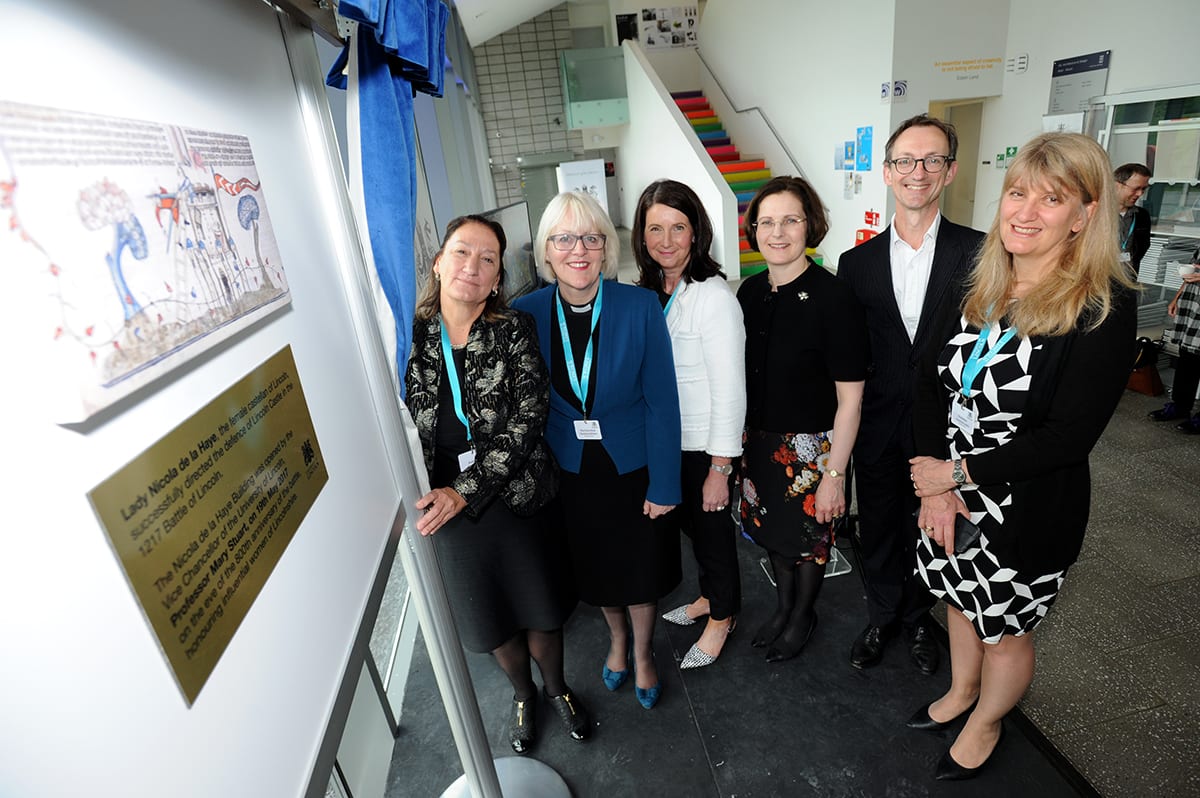



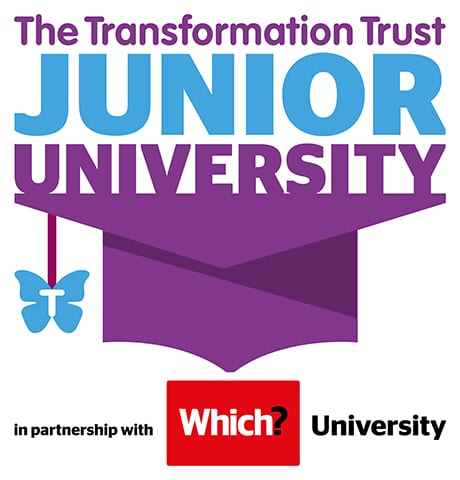
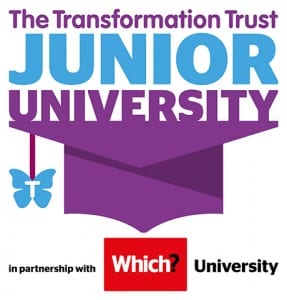 Junior University is a nationwide initiative for undergraduate students to give local Year 10 students a flavour of what university life is like by working side-by-side on a subject specific project. It is coming to the University of Lincoln for the first time this year and we are looking for students to help.
Junior University is a nationwide initiative for undergraduate students to give local Year 10 students a flavour of what university life is like by working side-by-side on a subject specific project. It is coming to the University of Lincoln for the first time this year and we are looking for students to help.